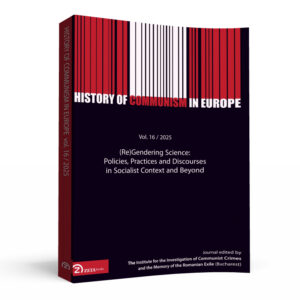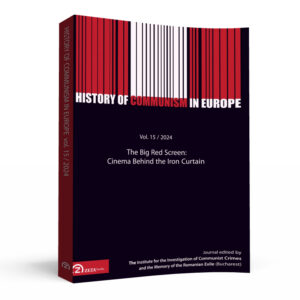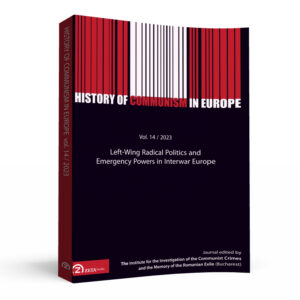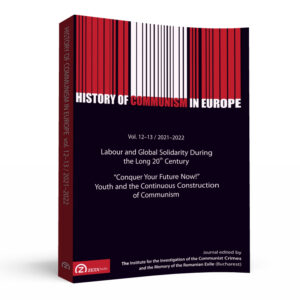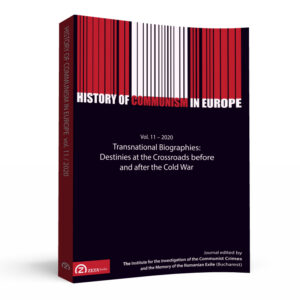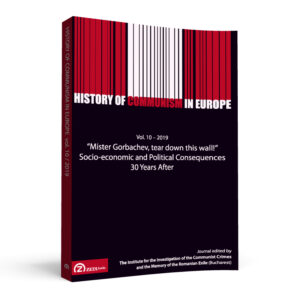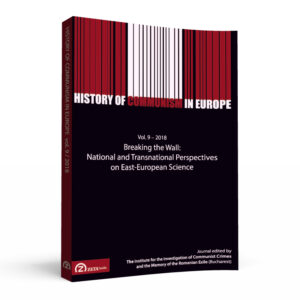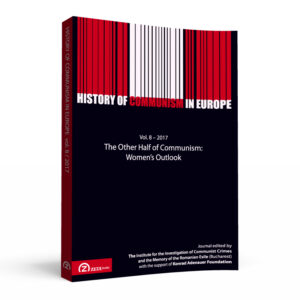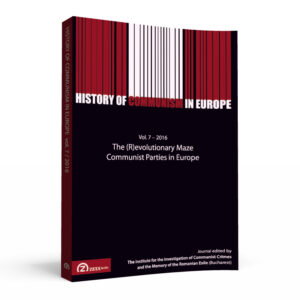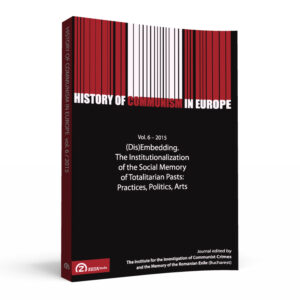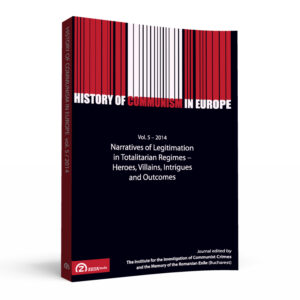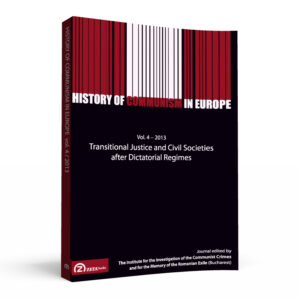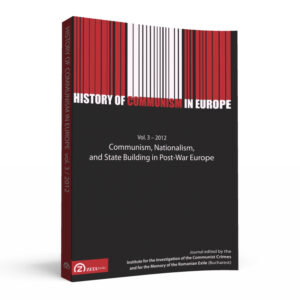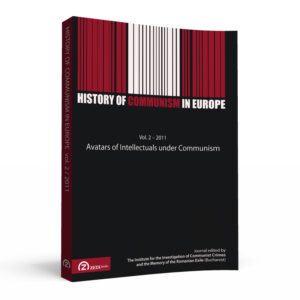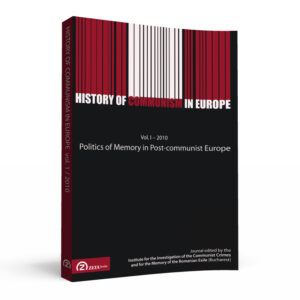History of Communism in Europe
Edited in collaboration with the Institute for the Investigation of Communist Crimes and the Memory of the Romanian Exile.
Online Access via Philosophy Documentation Center
This subscription-based journal offers a hybrid open access option. If you are interested in this option, please Email Us.
For Institutional subscriptions (paperback or IP range, campus-wide online access), please Contact Us.
ISSN: 2069-3192 (paperback) / ISSN: 2069-3206 (electronic)
EDITORS: Dalia Bathory, Stefan Bosomitu, Luciana Jinga
ADVISORY BOARD: Dr. Stefano Bottoni (University of Florence), Prof. Dr. Maria Bucur (Indiana University Bloomington), Prof. em. Dr. Dennis Deletant (Georgetown University), Prof. Dr. Kristen Ghodsee (University of Pennsylvania), Dr. Radu Ioanid (independent researcher), Prof. Dr. Axel Klausmeier (Berlin Wall Foundation), Prof. Dr. Thomas Lindenberger (Dresden University of Technology), Prof. Dr. Jill Massino (University of North Carolina at Charlotte), Prof. em. Dr. Michael Shafir (Babeș-Bolyai University), Prof. em. Dr. Brigitte Studer (University of Bern), Dr. Francesco Zavatti (Södertörn University)
AIM AND SCOPE: History of Communism in Europe (HCE) presents itself as a journal open to all academic inquiries, which are sensitive to the moral sobriety, conceptual complexity, and methodological sophistication required by any sustained research on totalitarianism. The scholarly investigations of the 20th century must remain an interdisciplinary enterprise, in which raw data and refined concepts help us understand the subtle dynamics of any given phenomenon. History is polyphonic and so the writing of it must be. It is never easy to pinpoint the causal relationship between distinct events, or the agency of different ideas. Historians talk about chronologies, philosophers study the ideological mutations of the Communist doctrinal monism, sociologists and anthropologists look at everyday life (such as the interaction between majority and minority groups). Some are interested in overarching narratives, while others enrich our knowledge of the past with case-studies. The study of Communism calls for a subtle “fusion of horizons”: on the one hand, there is the interpreter, with his or her subjective background, prejudices, and intellectual proclivities. On the other hand, a whole historical age looms at large over the object found under scholarly scrutiny.
Submit an article: hce@zetabooks.com
INDEXED / ABSTRACTED: CEEOL, EBSCO, Google Books.

